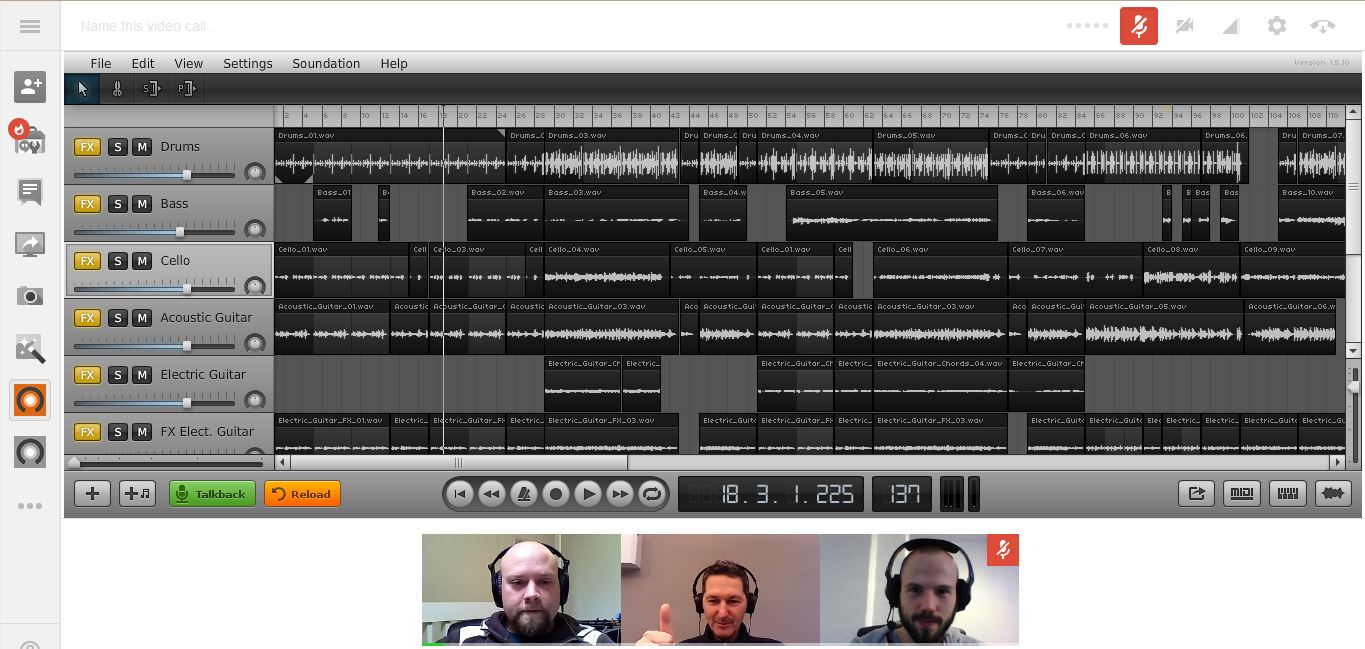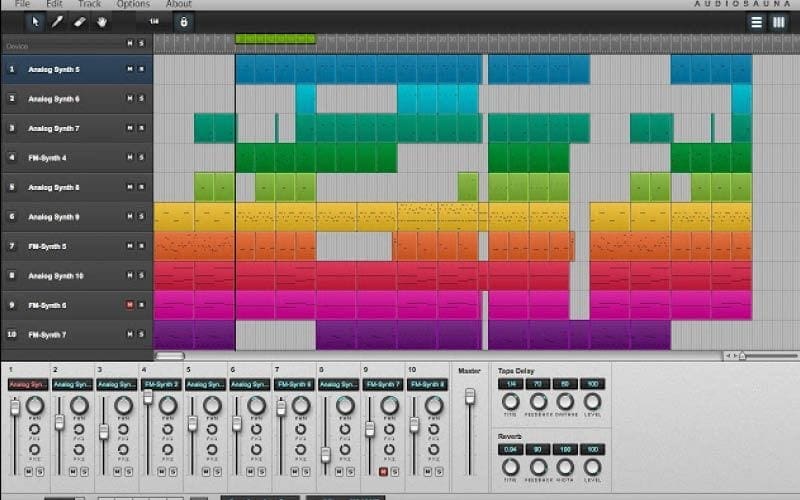
This makes legal sampling accessible, and affordable, for the first time.Bar-none, Soundtrap is the best alternative to BandLab. If you decide to release a song that uses a sample, you can clear it directly through them. One service that makes all of the work and sampling legalities easier for you is Tracklib, a library of real songs that you can dig through and get creative with. If your track gets big, odds are it will be figured out at some point. The popularity of the original song doesn’t change the fact that you need permission to use it. Although there probably won’t be repercussions beyond that, it’s not worth the risk. Platforms like Soundcloud, YouTube, and Soundation can remove the content and may even ban you for uploading music with uncleared samples. Just because you’re not selling the music, doesn’t mean that you don’t have to clear the sample. If you don’t want to ask for permission and claim fair use instead, make sure that it indeed is fair use. Though fair use can be argued in some instances as a legal defense against copyright infringement claims (for limited use in transformative commentary and parody), it does not apply in most cases. You might think that no one will recognize the sample but beware, as automatic music detection technology is getting better and better.

No matter how different it sounds from the original, clearance is necessary. Pitching, stretching, distorting and generally messing up the sample is fun and creative, but it doesn’t exempt you from having to clear the sample. Even if it’s a fraction of a second, it might make it harder to detect, but doesn’t make it any more legal. It doesn’t matter how short the sample is, you still have to clear it. However, you still have to get the rights to the composition.
Sites like soundation license#
This would be called an interpolation and means you don’t have to license the original recording. An option to make sampling easier and more affordable is by remaking the part of the song you want to use. If the rights holders agree to your request, they will probably want an up-front payment as well as a cut of the royalties (the money you generate with the song). IFPI can help you find the labels, and you can use performance rights organizations like BMI and ASCAP to look up who owns the rights to compositions. Tracking down all the rights holders can sometimes be tricky, depending on the situation. To release music that contains samples, you need permission from all the rights holders. It could also be a tangled mess of multiple songwriters, producers, labels, and publishers who all hold a piece of the rights. These rights could belong to one and the same person who has written, recorded and released a song all by themself. The labels and artists usually own the recordings, while the compositions are usually owned by the songwriters and publishers.

There are two types of copyrights in music - the recording and the composition. Coleman) which have been used in countless songs. Two of the most popular drum breaks are “Funky Drummer” by James Brown (drummer: Clyde Stubblefield) and the Amen Break from the song “Amen, Brother” by The Winstons (drummer: Gregory C. At first, they would find short drum breaks on vinyl records and loop them on turntables so MCs could rap over them.

Sampling was popularized by the underground hip-hop community in the 1980s.

And if the original creators give their consent and get compensated, there’s no harm in it.īut how do you go about sampling legally? Sampling History Regardless of how you feel, the fact remains that sampling introduces old and often forgotten songs to new audiences that would otherwise never hear them. Some condemn sampling as lazy stealing, while others praise the collage-like creativity and homage. Luckily, nowadays a service like Tracklib can simplify the effort. The legality of using other people’s work can be complicated and legally messy, but in spite of that, it has remained a prevalent art form. To be clear, sampling means to take an audio snippet, usually from an already existing song, and make it into something new. Sampling has been a hot topic in the music world for decades.


 0 kommentar(er)
0 kommentar(er)
